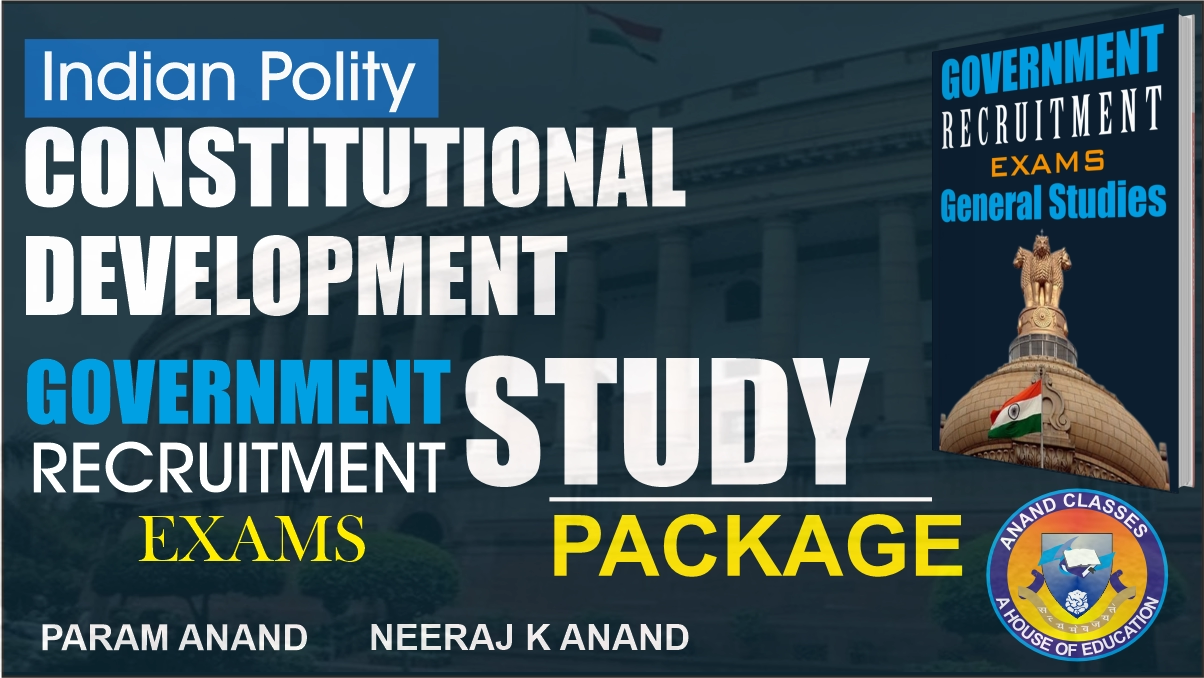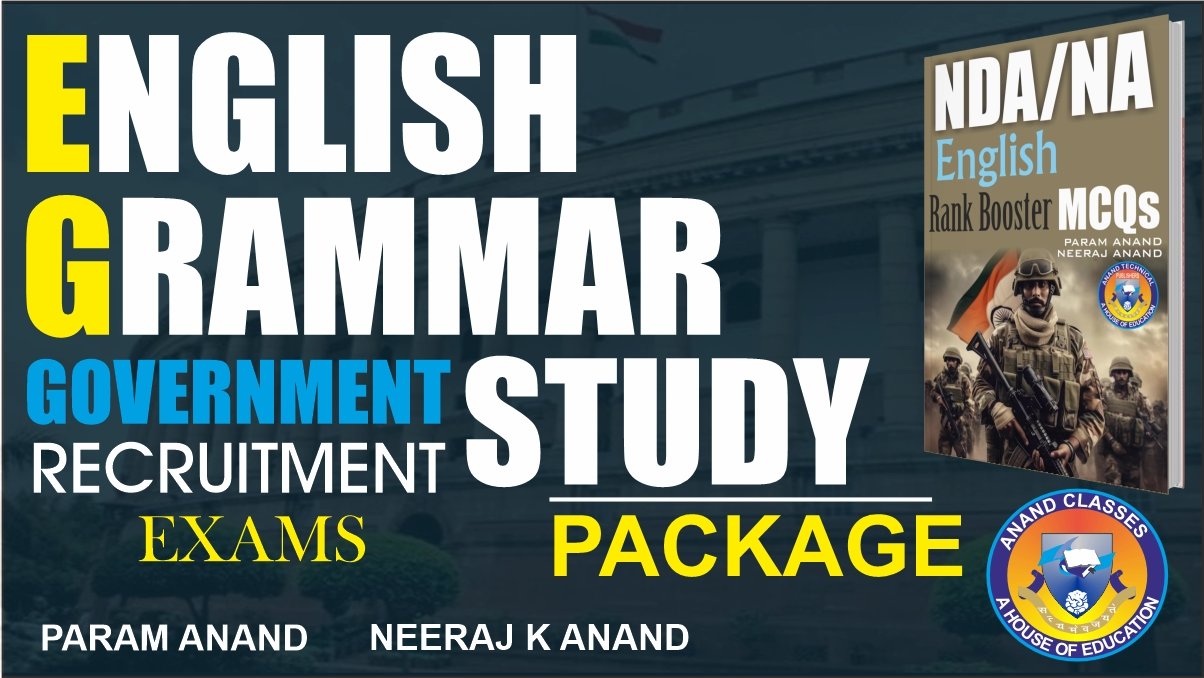NIRMAL ANAND Educations
Written by Neeraj Anand
Published by Anand Technical Publishers
Under Anand Classes
Contact: +91 9463138669
Email: anandclasses1996@gmail.com
Buy Complete Study Material: Click Here
The Preamble and Its Significance
Q1: What is the Preamble of the Indian Constitution?
A: The Preamble is an introductory statement to the Indian Constitution that highlights its fundamental values and guiding principles. It serves as a preface to the Constitution and reflects the objectives and aspirations of the people of India.
Q2: What is the historical background of the Preamble?
A: The Preamble is based on the Objectives Resolution, which was moved in the Constituent Assembly by Jawaharlal Nehru on December 13, 1946, and adopted on January 22, 1947. It later became the introductory part of the Indian Constitution.
Q3: What are the key components of the Preamble?
A: The Preamble declares India as:
- Sovereign – India is an independent nation.
- Socialist – Economic and social equality is promoted.
- Secular – The state maintains neutrality in religious matters.
- Democratic – The government is elected by the people.
- Republic – The head of the state is elected, not hereditary.
It also aims to secure:
- Justice – Social, economic, and political.
- Liberty – Of thought, expression, belief, faith, and worship.
- Equality – Of status and opportunity.
- Fraternity – Ensuring dignity and unity.
Q4: Has the Preamble ever been amended?
A: Yes, the Preamble has been amended only once through the 42nd Amendment Act of 1976, which inserted the words ‘Socialist,’ ‘Secular,’ and ‘Integrity.’
MCQs on The Preamble
Q1: When was the Preamble of India adopted? A) 15th August 1947
B) 26th January 1950
C) 26th November 1949
D) 22nd January 1947
Answer: C) 26th November 1949
Explanation: The Indian Constitution, including the Preamble, was adopted on 26th November 1949 and came into effect on 26th January 1950.
Q2: Which amendment inserted the words ‘Socialist,’ ‘Secular,’ and ‘Integrity’ into the Preamble? A) 42nd Amendment
B) 44th Amendment
C) 73rd Amendment
D) 97th Amendment
Answer: A) 42nd Amendment
Explanation: The 42nd Amendment Act of 1976 added these terms to emphasize economic equality, secularism, and national integrity.
Q3: Which of the following is NOT mentioned in the Preamble? A) Sovereign
B) Socialist
C) Federal
D) Secular
Answer: C) Federal
Explanation: While India follows a quasi-federal structure, the word ‘Federal’ is not explicitly mentioned in the Preamble.
FAQs on The Preamble
Q1: Is the Preamble a part of the Constitution?
A: Yes, the Supreme Court in the Kesavananda Bharati Case (1973) ruled that the Preamble is an integral part of the Constitution.
Q2: Can the Preamble be amended?
A: Yes, it can be amended under Article 368. However, it cannot alter the basic structure of the Constitution.
Q3: Why is the Preamble important?
A: It reflects the philosophy, objectives, and ideals of the Indian Constitution, guiding the interpretation of its provisions.
For complete study material on NDA, CDS, UPSC, AFCAT, RRB, IBPS-PO, SSC, KVS, CLAT Exams, visit:
🔗 https://publishers.anandclasses.co.in/
Stay Ahead in Your Exam Preparation with Anand Classes!




